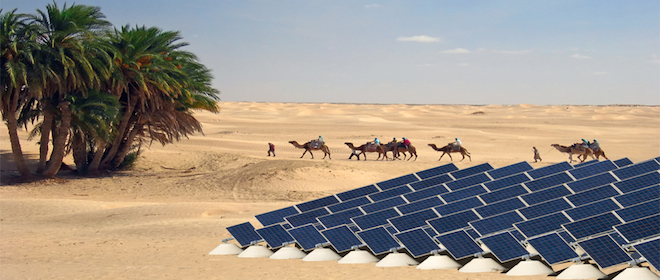International Finance Corporation (IFC), a member of the World Bank Group, has made an investment in Jordan’s first green bond. This investment is aimed at boosting green projects.
A leading private sector bank Jordan Kuwait Bank (JKB) has issued investment up to $50 million in the five-year bond. The investment done by IFC comprises up to $36 million other blended finance co-investment of up to $10 million from the Canada-IFC Blended climate finance Program and the rest $4 million from the Dutch-funded MENA Private Sector Development Facility, both being implemented by IFC.
Compliant with International Capital Market Association’s green bond principles,Jordan’s first green bond will be offering best practices to issuers with regard to transparency and disclosure.
JKB’s investments will be directed towards renewable energy projects, low-carbon vehicles, green infrastructure such as low-carbon transport, new energy-efficient green buildings, and sustainably managed water resources and waste.
In addition, IFC will advise the bank’s technical capacity to help identify eligible projects and develop a framework to measure and report on impact.
Commenting on the investment, Haethum Buttikhi, CEO of Jordan Kuwait Bank, said, “We are introducing a new asset class to the Jordanian capital market that is designed towards building an environmentally sustainable and responsible banking industry. This partnership with IFC supports JKB’s strategy in advancing its positioning and adaptability to the correct and potential demand for sustainable financing by providing innovative financing solutions in the Jordanian market. This significant initiative further aligns with Jordan’s Economic Modernization Vision in which sustainability is a cornerstone of this vision.”
It is reported that Jordan -a water scarce country, is facing severe climate change risks which is further worsened by by inconsistent rainfall, higher temperatures and a population increase. This makes it an ideal country for the green and climate finance and a place for green bond market.
Elaborating on this, Khawaja Aftab Ahmed, IFC Regional Director for the Middle East, Pakistan, and Afghanistan,said, “Mobilizing private sector financing and exploring innovative financing options for climate mitigation and resilience projects are crucial to address the drivers and impacts of climate change.”
He expressed his hope about this first green bond and said that this will not only promote climate-smart, sustainable projects in Jordan, but also set the standard for green bonds in the market and it is expected to encourage others to follow suit.
IFC has provided support to Jordan’s private sector development for more than fifty years and made investments to the tune of $2 billion in the country. With IFC’s support, the region has received first-of-its-kind Project Pipeline Development Facility, Jordan’s first wind farms, and its largest renewable energy project.
Further, as per World Bank Group’s Country Climate and Development Report, Jordan needs $9.5 billion to progress towards low-carbon development and promote a greener economy. It is estimated that over 60 percent of that figure will need to come from the private sector.


